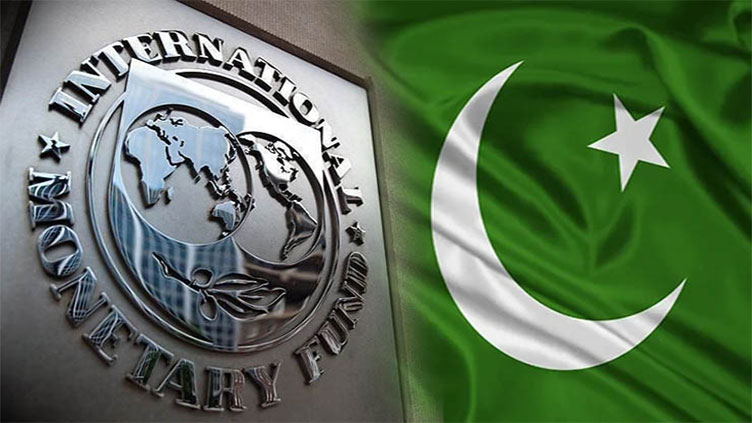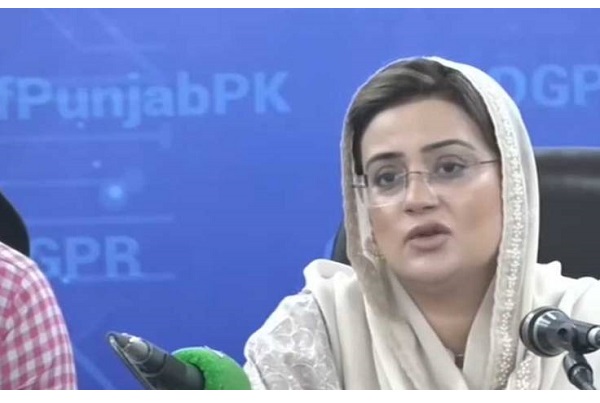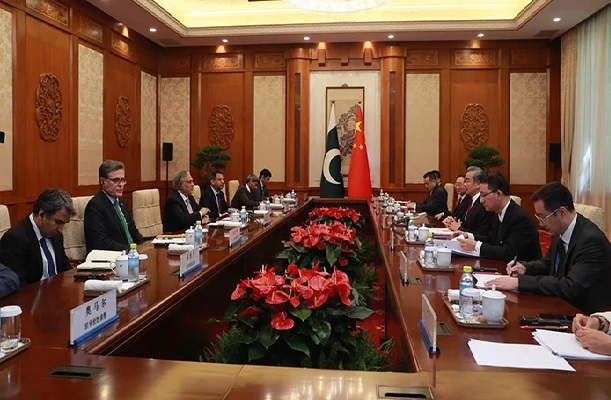ISLAMABAD: The Pakistan Army successfully conducted the test-launch of Fatah-II guided rocket system that has a range of 400 kilometres.
WASHINGTON: The International Monetary Fund (IMF) has agreed to increase to $6 billion loan programme by $2bn and extend it for another year to prop up Pakistan’s balance of payments position and foreign exchange reserves.
Finance Minister Miftah Ismail said on Sunday that Pakistan had asked the IMF to enhance its bailout package from the remaining $3bn to $5bn.
Addressing a news conference at the Pakistan Embassy in Washington, the minister said that the IMF will send a staff-level delegation to Pakistan for talks on this request. Technical talks on Pakistan’s proposal are expected to begin from Tuesday.
“We hope that the staff-level agreement on the enhanced programme will be concluded soon,” Mr Ismail said. However, he could not say if the next tranche of about $1bn would reach Pakistan before the next budget.
The decision, however, is subject to a complete reversal of recently imposed subsidies and other measures for the upcoming budget.
The IMF had consented to give space to the new government to “ensure removal of recently imposed subsidies as soon as possible”, a senior official said.
He said everything committed by the previous government with the IMF would be revived with repairs for the slippages along with additional financial support and time for reforms.
At present, the government is providing about Rs21 per litre out-of-pocket subsidy on petrol, Rs51.52 per litre on diesel, and Rs5 per unit on electricity.
On Friday, Mr Ismail agreed with IMF recommendations to reduce fuel subsidies and end a business tax amnesty scheme.
At Sunday’s news conference, Mr Ismail and Minister of State for Finance Ayesha Ghaus Pasha explained that the government had no option but to withdraw the subsidies, but it would do so in a way that did not burden the ordinary people.
The finance minister hinted that the government would do so “in a staggered way”, hinting at the possibility of fixing two sets of rates, one for the poor and the other for those with big cars.
For instance, he said, the government could fix a quota for motorcyclists, who would be provided petrol at subsidised rates but there would be no subsidy for big cars.
“I get a subsidy of about Rs1,600 every time I fill my tanks. Why should the government pay for Miftah Ismail?” he asked.
Mr Ismail said the next month the government would have to pay about Rs96bn as fuel subsidy, which “cannot be justified”.
Another possibility, he said, was allocating more funds for programmes like the Benazir Income Support Programme.
Mr Ismail also indicated that the autonomy the previous government gave to the State Bank would not be withdrawn. “We will not do anything that irks the IMF,” he said.
When asked how the government would keep the economy under the present situation, he said: “We will do so by improving the debt-to-GDP ratio, by enhancing the GDP.”
Mr Ismail said that despite the current government’s differences with Imran Khan, “we will take full responsibility for all his commitments, all sovereign guarantees he made, whether those are CPEC loans or IMF loans.”
Both Mr Ismail and Ms Pasha said that they expected the reserves to improve by next week. The finance minister also dispelled the impression that the current financial crunch could force Pakistan to default. “We can assure you there will be no default,” both said in once voice. “Pakistan has been facing these situations for the last 75 years and we did not default,” Mr Ismail said.
The finance minister received a call from Prime Minister Shehbaz Sharif during the news conference and later told the media that he was asking about his talks with the IMF and World Bank officials. “He is very strict,” said the minister when asked if the PM got upset with him.
Asked if the next budget would be people-friendly, Mr Ismail said: “We will say it is and the opposition will say it is not.”
The Fund has also set a condition to authenticate the actual financials for the current fiscal year to ascertain how much these have deviated from the targets agreed with the IMF in December 2021, when the programme was revived under former finance minister Shaukat Tarin.
Officials said the gap was about Rs1.3 trillion based on relief measures announced by former prime minister Imran Khan besides other slippages.
The IMF has also linked the approval of the revised bailout package to a mutually agreed overall budget strategy paper for the next fiscal year that would also be part of technical-level discussions.
The IMF has also asked the authorities to minimise the deviation that emerged, particularly after the Feb 28 subsidy package, by fiscal tightening and revenue measures to make up for some of the subsidy and the deviations from December agreements.
These would be the areas that the authorities would have to work out details and set in motion well before the IMF mission comes to Islamabad by the middle of next month to translate these understandings into a Memorandum of Economic and Financial Policies (MEFP) for formal signing.
You May Also Like
LAHORE: The Punjab government of Maryam Nawaz is introducing new defamation law in a bid to ‘stop fake news’. “A person who lies
BEIJING: China is ready to work with Pakistan to develop an “upgraded version” of the China-Pakistan Economic Corridor (CPEC) project






